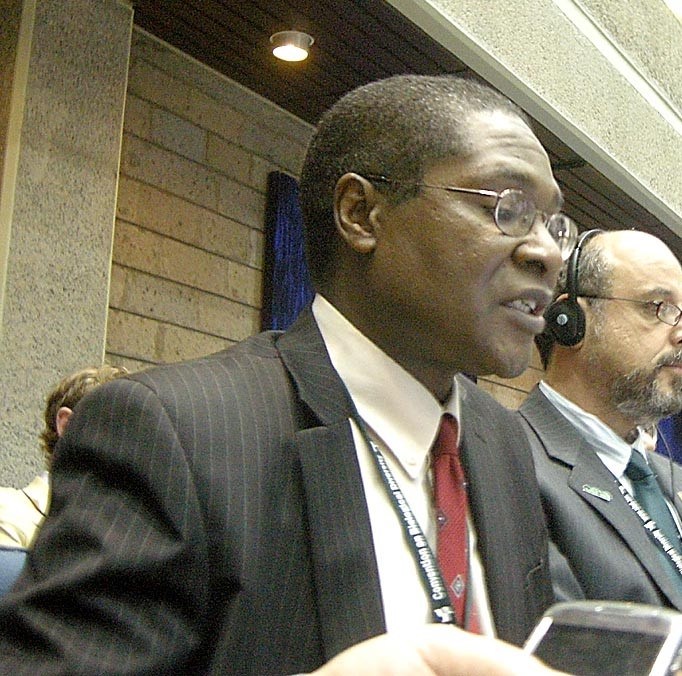FG urged to save Hadejia-Nguru Wetlands from exploitation
The Director General of Nigerian Conservation Foundation (NCF) Dr. Muhtari Aminu-Kano ha said if Federal Government fails to tackle the challenges currently facing Hadejia-Nguru Wetlands (HNW) or stop people from unsustainable exploitation, it will be totally lost. Dr Aminu-Kano in a statement said HNW is currently facing poor management of upstream water development scheme, invasive […]

The Director General of Nigerian Conservation Foundation (NCF) Dr. Muhtari Aminu-Kano ha said if Federal Government fails to tackle the challenges currently facing Hadejia-Nguru Wetlands (HNW) or stop people from unsustainable exploitation, it will be totally lost.
Dr Aminu-Kano in a statement said HNW is currently facing poor management of upstream water development scheme, invasive species that have taken over a large portion of the wetlands, deforestation- excessive felling of the trees around the wetlands, overgrazing, drought, and agricultural expansion.
He said noted that HNWs which are located in Jigawa and Yobe States of north-eastern Nigeria needs to be saved, saying, “ if the community people do not desist from its unsustainable exploitation, the Hadejia-Nguru Wetlands will be totally lost.”
While noting that the area is known as Waterfowl Sanctuary, a Wetlands Sector of the Chad Basin National Park, he said the area around the HNW was of immense interest to bird-watchers particularly those seeking out endangered species.
“The HNW have long been known as a centre of fish production. Upstream hydrological developments driven by irrigation projects threaten to degrade this important resource,” he said.
He explained that studies of flood plain fisheries have shown that fish production is closely related to flood extent, saying, “The existing and planned dams upstream of the HNW are likely to have a serious impact on fisheries. “
“The economic value of fish production from the flood plains adds weight to the argument in favour of maintaining the annual flooding of the wetlands. Moreover, the significance of fishing goes beyond its value in monetary terms,” he said.
He said many people are involved in the fisheries and so the social consequences of any appreciable reduction in productivity will be felt throughout the area, as degradation of the fisheries may also affect other sectors of the rural economy.
